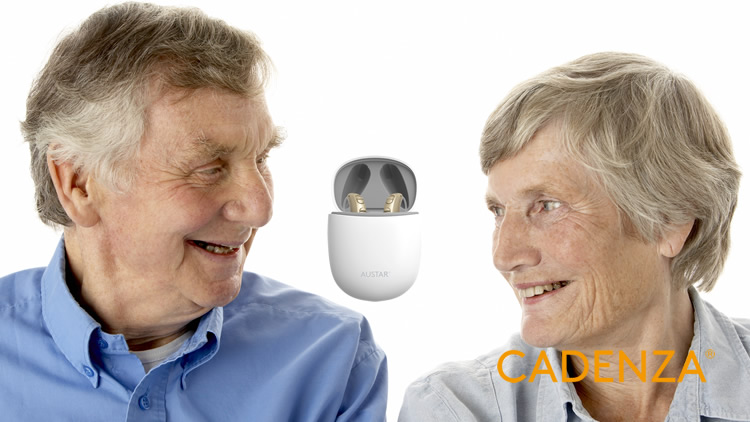2 reasons why the hearing-impaired elderly do not like to wear hearing aids
Affecting the user's willingness to fit hearing aids and the speech recognition rate before wearing hearing aids are two factors that affect the hearing impaired elderly who do not like to wear hearing aids.
2 factors that affect the hearing impaired elderly do not like to wear hearing aids:

1. Influence the user's willingness to fit hearing aids
Self-image: Some people who wear hearing aids often worry about being seen by others that they have poor hearing, or that wearing hearing aids means admitting that they are old. This problem requires the wearer to adjust his mentality and look at it correctly.
Hearing expectations: Hearing loss users need to know that even if they wear hearing aids, there will still be a certain gap between their listening level and those who are not hearing impaired. In fact, wearing hearing aids is the beginning of listening again, and it is necessary to conduct hearing evaluation and debug hearing aids in stages in order to gradually reflect the real effect of hearing aids.
Family attitude: Some elderly people think that the price of hearing aids is thousands or even tens of thousands, in order to save some money for the family, no matter how hard the child tries to persuade, no matter how inconvenient the life is due to hearing problems, they say "no need". This is wrong thinking and needs to be avoided.
Economic ability: Some users with financial difficulties may not be able to afford hearing aids, so they will delay again and again, resulting in gradual hearing loss. In fact, there are already affordable OTC hearing aids on the market that you can wear first, such as the Cadenza brand OTC hearing aids.
2. Speech recognition rate before wearing hearing aids:
Because the elderly are deaf for a long time and cannot hear sound, there is no normal sound for a long time to stimulate the auditory nerve, resulting in a decrease in speech recognition rate. Therefore, after wearing a hearing aid, you still can't hear what others say, and you will feel that the hearing aid has no effect. Therefore, after discovering that your hearing has decreased, you need to intervene quickly and do not delay again and again.
Presbycusis is closely related to senile dementia, and long-term hearing impairment will affect the cognitive function of patients, leading to the occurrence of dementia, so it is of great significance to intervene in presbycusis patients as soon as possible.
- Recent Posts
- Invisible OTC Hearing Aids: Regain Confidence with A6
- Best Simple Hearing Aids: Cadenza A6 Beats Tech Fatigue
- OTC Hearing Aid Solutions for Clinics: The Professional A6 Series
- Low Return Rate Hearing Aids: Boost Margins with Cadenza A6
- Strategic Insight: Why the 100-Hour A6 Hearing Aid is the Key to Your 2026 OTC Growth
- The Gift of Connection: Why the 100-Hour A6 Hearing Aid is the Ultimate Holiday Essential
- The OTC Hearing Aid Wholesale Core – Customization, Compliance, and Smart Auditory Tech
- CADENZA A6: 100H Battery and 32-Channel Tech for OTC Hearing Aid Differentiation
- OTC Hearing Aid Dividends: CADENZA OEM/ODM Strategy for CVS/Best Buy Expansion
- Types of Hearing Aids
- BTE hearing aids
- ITE hearing aids
- Instant fit CIC hearing aids
- Rechargeable hearing aids
- RIC hearing aids
